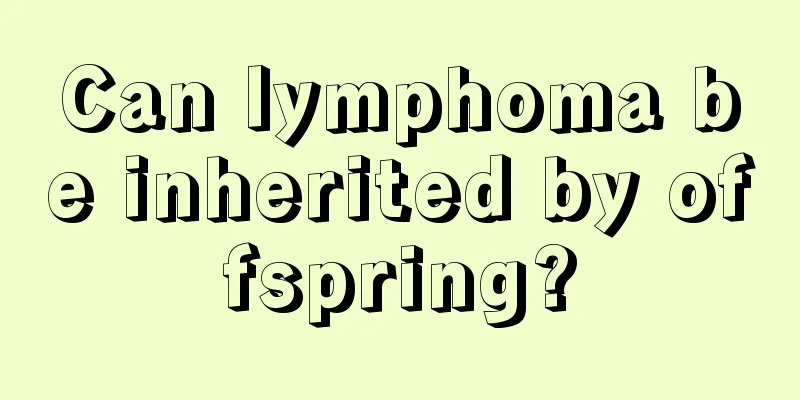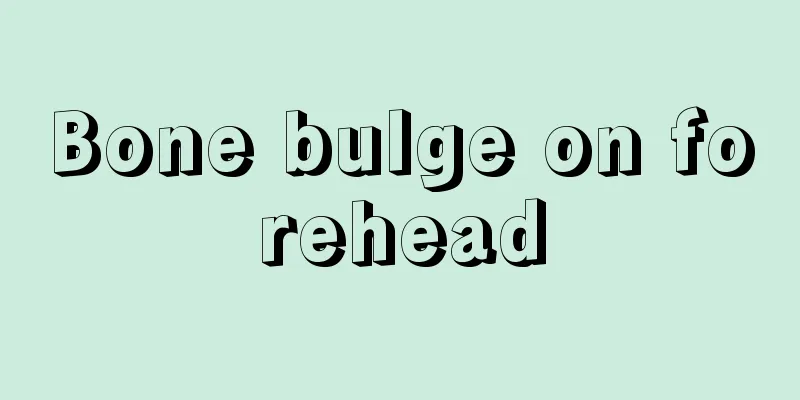What are the precautions after bronchoscopy

|
Any disease in the body needs to be treated. When necessary, it is necessary to diagnose the disease through examination, which is convenient for treatment. For diseases on the trachea, it is best to perform bronchoscopy in time. This method of examination also has certain risks. Through this examination, it can effectively see whether there is a lesion, and attention should be paid to the subsequent maintenance. So what are the precautions after the bronchoscopy? First, what are the precautions after bronchoscopy? After fiberoptic bronchoscopy, the patient should rest and observe for half an hour before leaving the examination room. After the operation, nasopharyngeal discomfort, pain, hoarseness, fever, blood in sputum, etc. may occur, which can heal in a short time or within a few days. Second, it is best to ensure that the patient does not eat within 2 hours after surgery, as the function of the glottis has not yet recovered after anesthesia, so as to avoid choking and coughing that may cause inhalation infection. After the examination, due to the effect of anesthetics, there will be varying degrees of foreign body sensation in the throat, which will disappear on its own after 1 to 2 hours. Try to avoid coughing hard to avoid bleeding at the brushing or biopsy site. Third, this type of examination has no adverse effects on the human body’s diet, so there are no special restrictions on food. Considering the possible existence of respiratory system problems, it is recommended to pay attention to the daily consumption of eggs, lean meat, soy products, etc., and supplement amino acids and trace elements that participate in the synthesis of the body's own immune cells. Fourth, do not eat or drink water within two hours after bronchoscopy to prevent aspiration of food; speak less within half an hour after bronchoscopy, and the glottis and laryngopharynx need sufficient rest. If sore throat or hoarseness occurs, local nebulization treatment can be performed; after bronchoscopy, closely observe the patient's cough and sputum. If a small amount of blood-streaked sputum is present, no special treatment is required. If a large amount of hemoptysis occurs, the doctor should be notified immediately for timely disposal. What are the precautions after bronchoscopy? Pay attention to rest after the examination. The patient should strictly rest in bed and avoid strenuous activities. After bronchoscopy, to prevent complications of anesthetics, including symptoms such as aspiration or choking, the patient should not eat within two hours. Patients undergoing bronchoscopic biopsy are generally required to lie on the affected side. A small number of patients will experience hemoptysis after surgery. If the amount of blood is large, it will enter the normal bronchi and cause the risk of suffocation. Therefore, patients are required to lie on the affected side after surgery. |
<<: Are there risks in tracheotomy
>>: What's going on with the increase in bronchovascular bundles in both lungs
Recommend
What are the symptoms of osteosarcoma
The first symptom of osteosarcoma is joint pain. ...
How to make mung bean jelly and its recipe
Mung bean jelly is a snack with good color, aroma...
A large hospital that treats kidney cancer
Renal cancer is a malignant tumor originating fro...
What soup can reduce internal heat the fastest?
When the weather is relatively dry, people are mo...
What are the symptoms of apical periodontitis?
Teeth are very important chewing tools. Without t...
Is cucumber cold in nature?
Cucumber is the most common vegetable and a dish ...
What are the toxic and side effects of commonly used drugs for bone cancer treatment
While bone cancer chemotherapy drugs are working,...
How can hepatitis B patients prevent liver cancer? 7 effective ways to prevent liver cancer
There are many reasons for liver cancer. Long-ter...
What is the matter with teeth growing on teeth?
Teeth growing on teeth is not a very common pheno...
Effects of fresh aloe vera juice
Aloe vera is rich in physiological water, mineral...
What should I do if my throat hurts on only one side?
Why do some people only have a sore throat on one...
What are the conservative treatments for brain tumors?
When it comes to the treatment of brain tumors, w...
If you put them together here, you can see the signs of cancer
Health is the capital of revolution. Health is no...
Can testicular fibrosis turn into testicular cancer? Possibly
The occurrence of testicular fibrosis may develop...
The benefits of fennel seeds and brown sugar soaked in water
Fennel is a vegetable that we often eat in our da...









